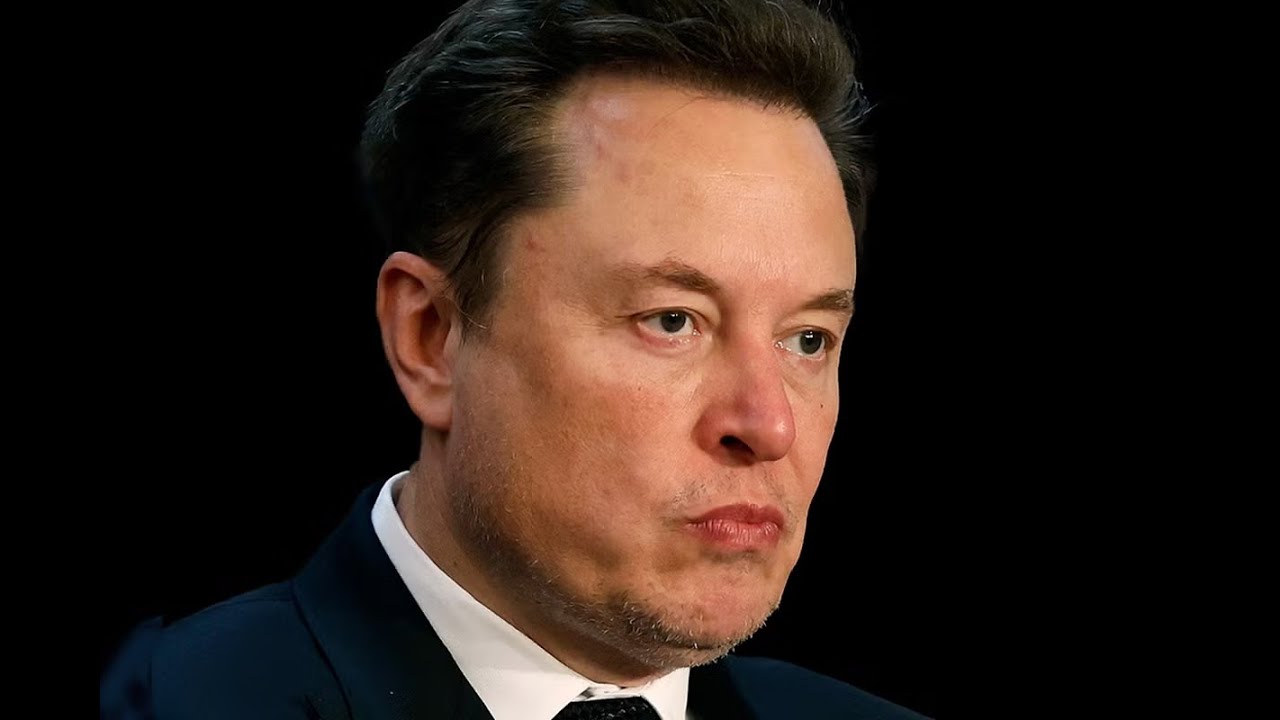Background Of The Elon Musk Lawsuit Against Apple And OpenAI
Elon Musk has once again placed himself at the center of a global technology debate. The billionaire entrepreneur, best known as the CEO of Tesla and SpaceX, recently filed a lawsuit against two of the most powerful names in the industry, Apple and OpenAI. The Elon Musk lawsuit against Apple and OpenAI alleges that the companies have engaged in anti-competitive behavior aimed at stifling innovation in artificial intelligence.
Musk claims that Apple’s growing influence in the artificial intelligence ecosystem, coupled with its close ties to OpenAI, has created a market imbalance. According to him, these two companies are leveraging their market dominance to limit competition, restrict consumer choices, and ultimately slow the pace of AI advancement. This move is not Musk’s first attempt to challenge the status quo in the technology industry, but it is one of the most high-profile confrontations in recent years.
The Elon Musk lawsuit against Apple and OpenAI has already drawn significant attention from policymakers, regulators, and other major players in the tech industry. Many observers argue that the case could become a defining moment in shaping the global AI landscape.
Why The Elon Musk Lawsuit Against Apple And OpenAI Matters
The case comes at a time when artificial intelligence is seen as one of the most transformative technologies of the century. Governments around the world are racing to establish regulations, while companies are investing billions of dollars to gain a competitive edge. Against this backdrop, the Elon Musk lawsuit against Apple and OpenAI raises important questions about the future of competition and innovation.
Musk has long been vocal about his concerns regarding the concentration of AI power in the hands of a few corporations. He has often warned that monopolistic behavior in AI could pose serious risks not only to the economy but also to society at large. By targeting Apple and OpenAI, Musk is highlighting what he views as an urgent need to ensure fair access and equal opportunities in the development of artificial intelligence technologies.
This lawsuit also matters because of its potential ripple effects on the financial markets. Apple remains one of the most valuable companies in the world, and OpenAI has become a household name in AI innovation. A legal battle involving both of them, spearheaded by someone as influential as Musk, has the power to influence investor sentiment, shape regulatory policies, and even redefine industry standards.
Legal Implications Of The Elon Musk Lawsuit Against Apple And OpenAI
The legal arguments behind the Elon Musk lawsuit against Apple and OpenAI revolve around antitrust and competition law. Musk accuses the companies of forming a partnership that unfairly restricts competition by limiting access to critical AI resources and technologies. If proven in court, these claims could lead to substantial fines, forced restructuring, or stricter regulations on how big tech companies operate in the artificial intelligence sector.
Legal experts suggest that this case could be compared to historic antitrust battles involving companies like Microsoft in the 1990s. Just as those cases reshaped the software industry, the Elon Musk lawsuit against Apple and OpenAI could reshape the rules of engagement in the artificial intelligence market. The outcome will likely depend on how regulators and courts interpret the balance between innovation, market dominance, and consumer welfare.
Moreover, the lawsuit might encourage other companies to come forward with similar grievances. Smaller AI startups, often struggling to compete against well-funded giants, may see Musk’s lawsuit as a potential pathway to leveling the playing field.
Industry Reactions To The Elon Musk Lawsuit Against Apple And OpenAI
The lawsuit has triggered strong reactions across the tech industry. Supporters of Musk argue that his legal action is necessary to prevent the monopolization of AI by a few powerful corporations. They believe the Elon Musk lawsuit against Apple and OpenAI will help foster greater transparency, accountability, and fairness in the sector.
Critics, however, question Musk’s motives. Some argue that his legal battle may be less about protecting competition and more about advancing his own business interests, particularly through his AI startup, xAI. According to this view, Musk is attempting to weaken Apple and OpenAI while positioning his company as a viable alternative in the race to develop the next generation of AI technologies.
Regardless of the differing opinions, one thing is clear: the Elon Musk lawsuit against Apple and OpenAI has brought the issue of AI regulation to the forefront of global discussions. Governments and policymakers are watching closely, knowing that the case could set important precedents for how AI is governed in the future.
The Future Of AI After The Elon Musk Lawsuit Against Apple And OpenAI
Looking ahead, the lawsuit could influence the trajectory of AI development in several ways. If Musk is successful, regulators may introduce stricter antitrust measures, opening up opportunities for smaller firms and startups. This could result in a more diverse and innovative AI ecosystem, with greater benefits for consumers and businesses alike.
On the other hand, if Apple and OpenAI successfully defend themselves, they may emerge even stronger, solidifying their dominance in the AI sector. This outcome could accelerate the development of powerful AI systems but also raise concerns about concentrated control.
The Elon Musk lawsuit against Apple and OpenAI ultimately reflects broader tensions within the technology industry. It is not just a legal dispute but also a philosophical battle over who should control the future of artificial intelligence. Should it be the domain of a few corporations with massive resources, or should access and innovation be democratized?
What happens in this case will likely shape not only the business strategies of major companies but also the policies that govern technology around the world. For Musk, the lawsuit is another step in his long-running campaign to ensure that artificial intelligence develops in a way that is both innovative and safe for humanity.
Read More






 Thursday, 15-01-26
Thursday, 15-01-26







